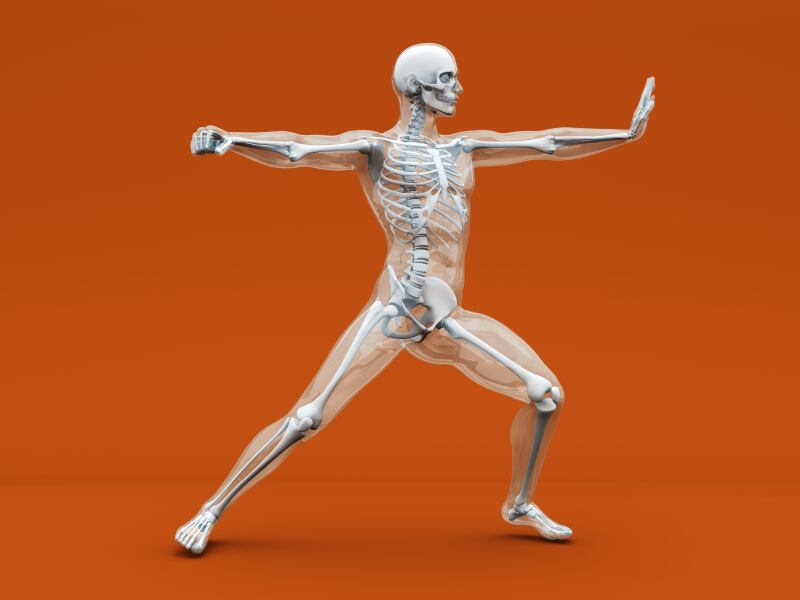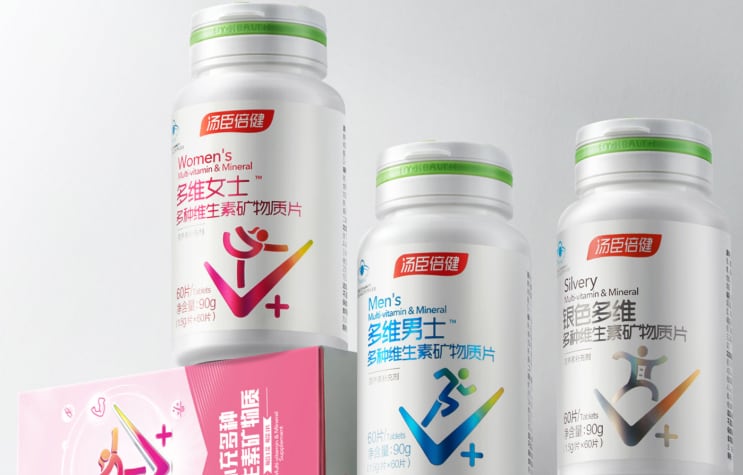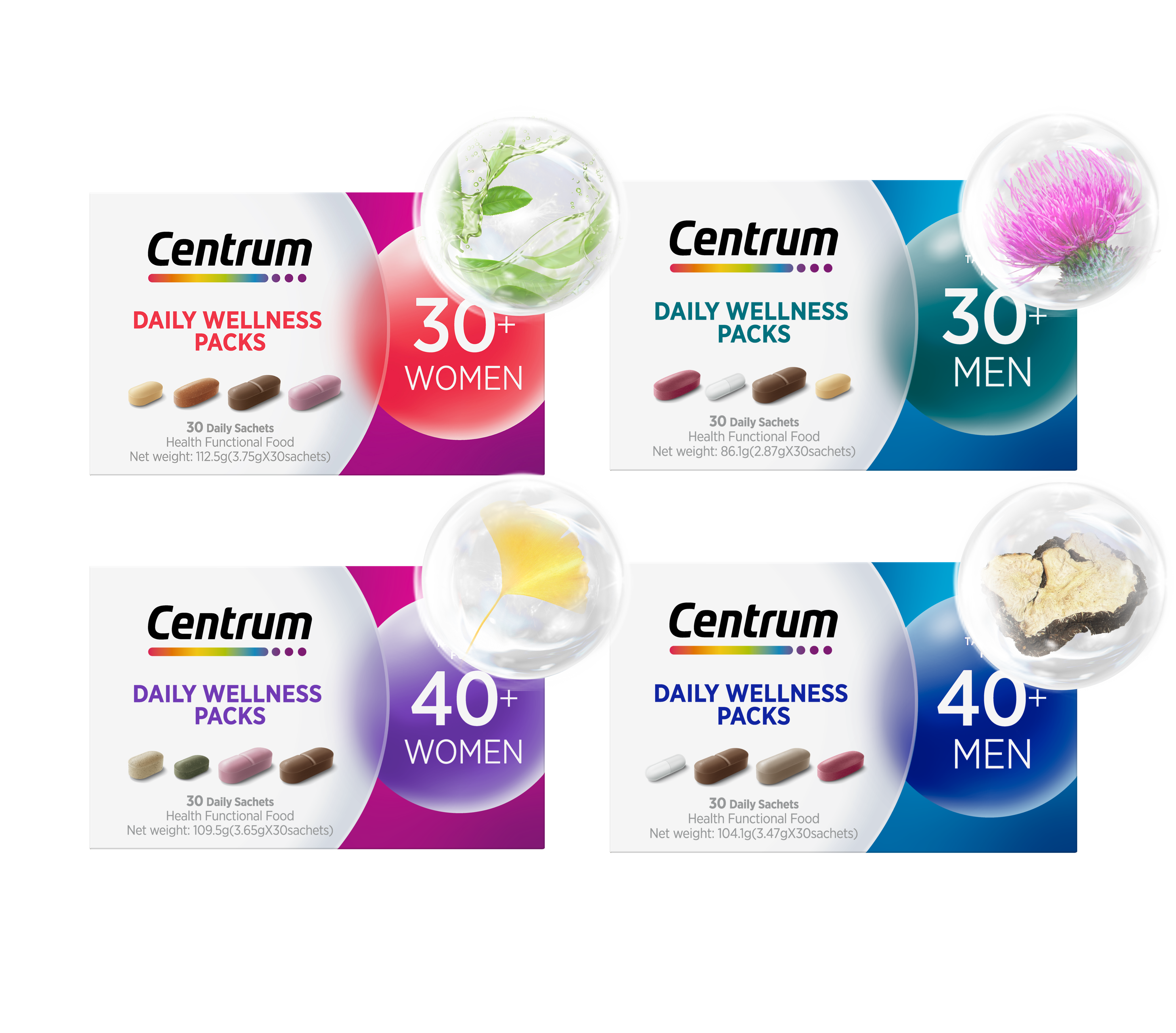New requirements are also put in place for human clinical trials, including a minimum intervention trial size of 30 people for trials on bone quality.
These changes, which are now effective, were made to methods for evaluating the functionality of health foods making bone health claims.
There are three key changes made.
The first is the removal of animal testing.
This has in turn led to the second major change - which is how bone health claims should be worded.
For example, claims which state that a certain functionality is proven based on animal studies are no longer allowed.
Previously, health foods could make claims such as “animal experiments have proven that consuming this product could help with bone development” or “animal experiments have proven that consuming this product could delay osteopenia“.
In addition, claims that are life stage-specific are removed.
An example of such a functional claim is “helps support bone development” - which can be made when the product has proven its efficacy in clinical trials involving children or adolescents.
If the product is tested in individuals who are experiencing menopause or old age, it will be able to make the claim “helps delay osteopenia“.
However, the above framework is no longer applicable as the age criteria for clinical trial have been revised to a minimum age of 20.
This means that functional claims made based on trials involving children or adolescents are no longer allowed.
Under the new framework, products can make two types of bone health claims.
They can either highlight the bioavailability of calcium that they contain, or their effects on bone quality, such as bone density or bone metabolism.
An example is “the bioavailability of calcium contained in this product is better than that of common calcium sources”.
Other possible health claims are “helps to maintain bone density” and “helps regulate bone metabolism markers.”
Claims made based on calcium bioavailability however, is not something new and is already allowed under the previous framework.
Trial participants criteria
Third, the criteria for trial participants, as well as trial size, trial duration, and safety evaluation has been revised.
For trials assessing changes in bone quality, the minimum number of participants in each experiment group has been increased from 15 to 30.
Unlike the previous framework, children and adolescents are no longer allowed to take part in trials assessing changes in bone quality.
As such, only premenopausal or post-menopausal adult women, as well as adult men are allowed to take part in such trials.
The trial duration has also been increased to a minimum of six months.
Preciously, a trial could be eight to 12 weeks long if it involves children and adolescents and between 16 and 24 weeks if it involves individuals experiencing menopause.
For trials assessing the bioavailability of calcium, the trial participants must be above 20 years old - a newly added criteria.
Aside from pregnant and breastfeeding women, there are also new exclusion criteria added.
For instance, individuals suffering from mental diseases, Paget’s disease, cancer, or hyperparathyroidism are not allowed to take part in the trial.
Other exclusion criteria include the use of vitamin D supplements three months before participating in the trial.





